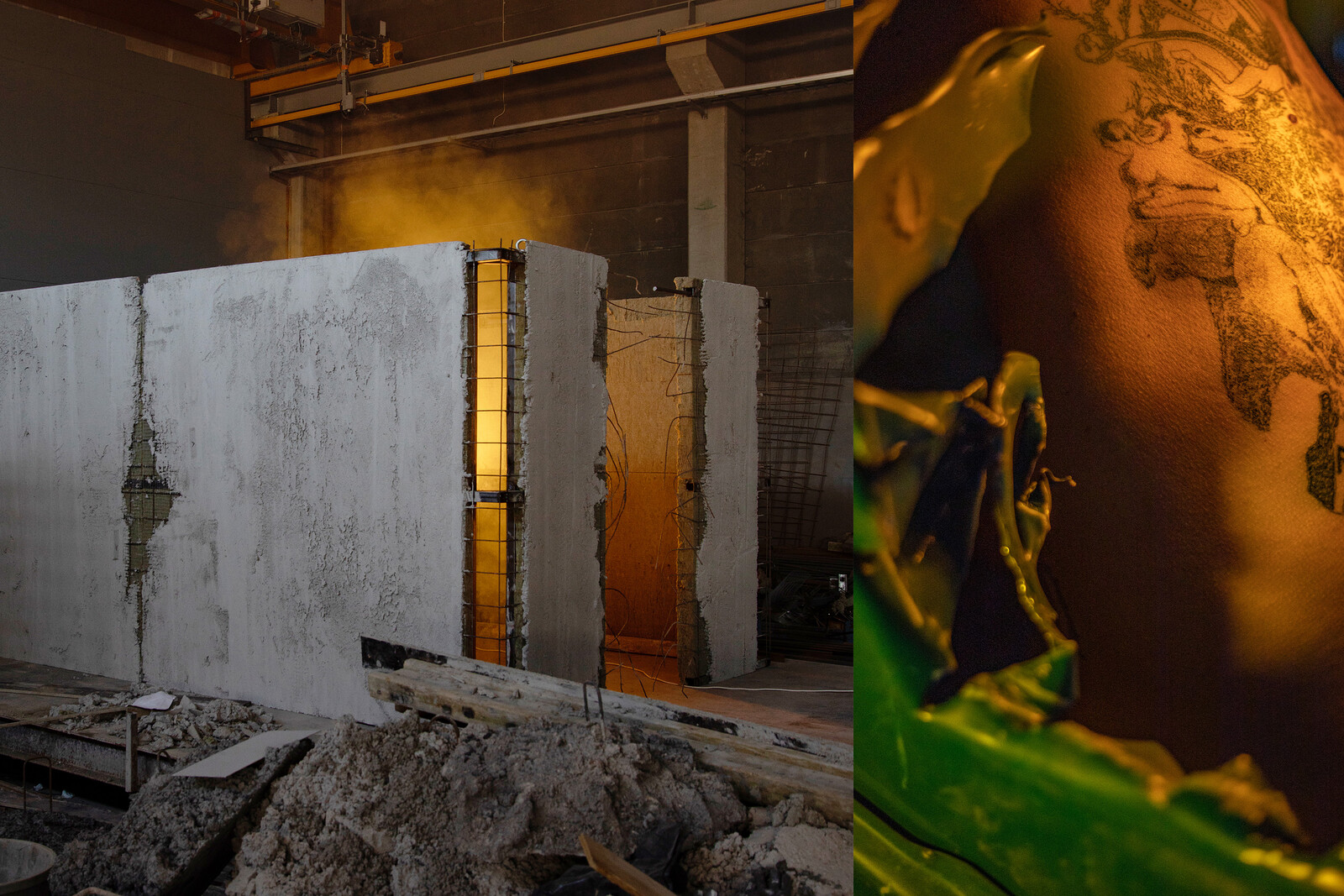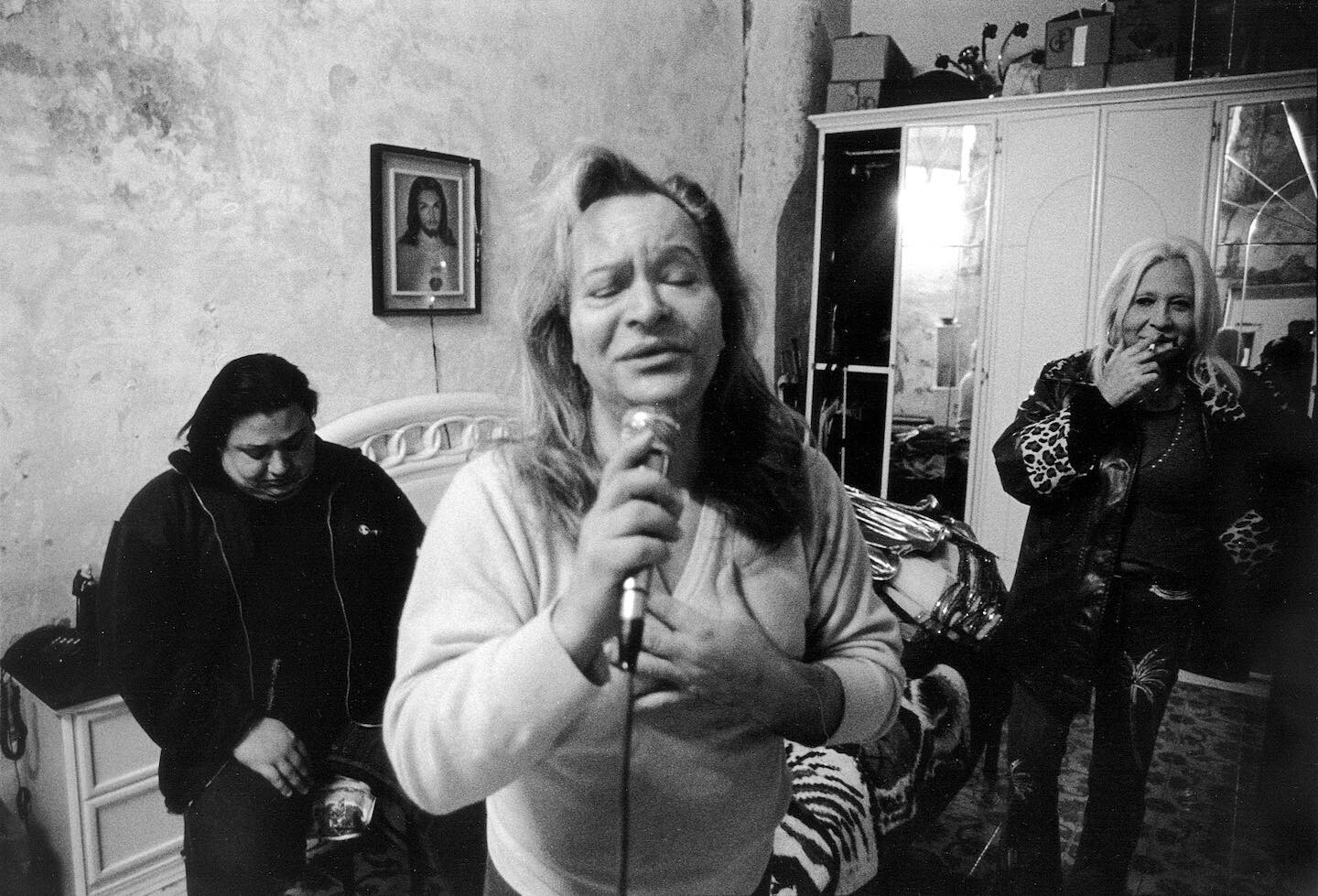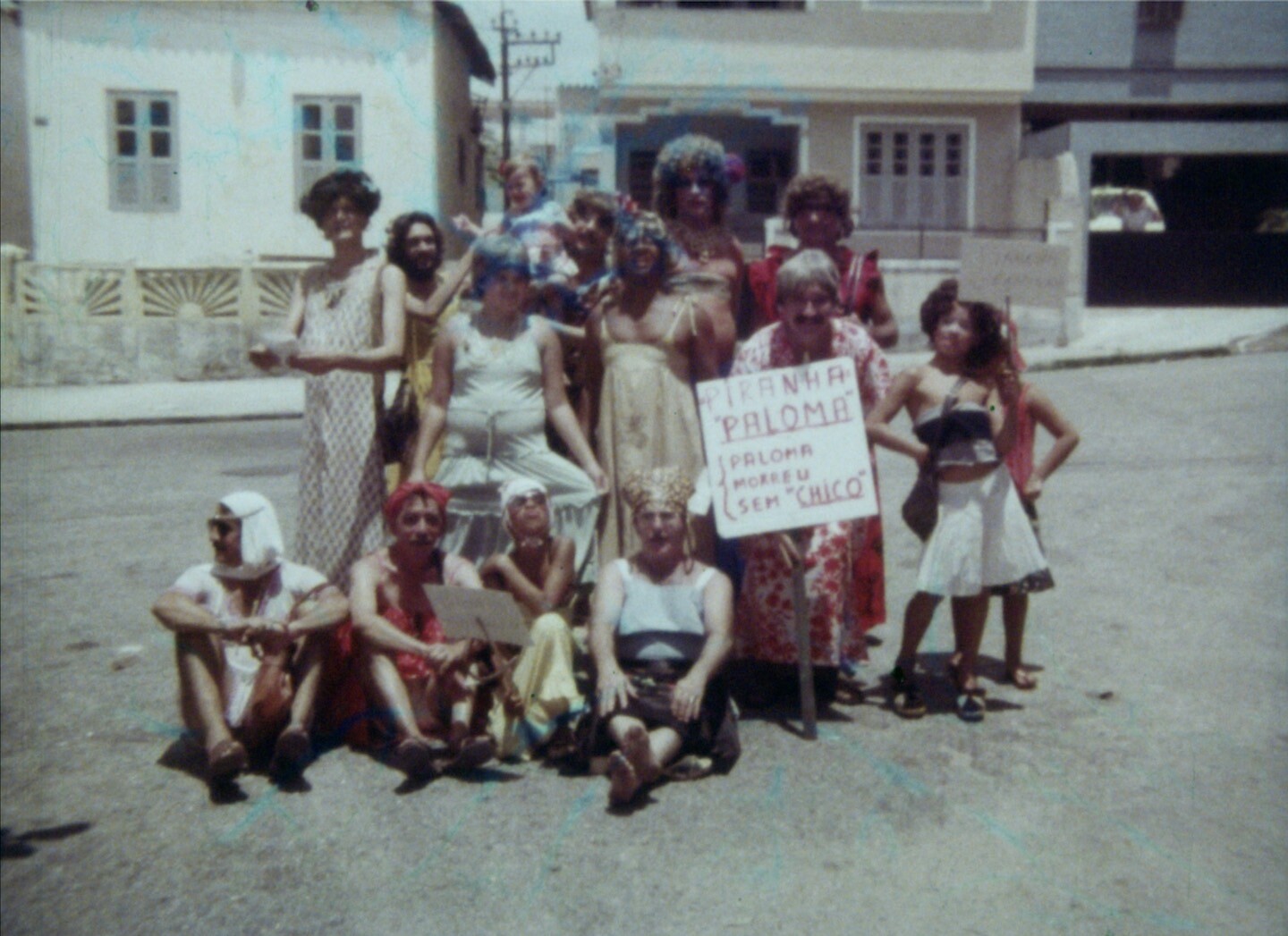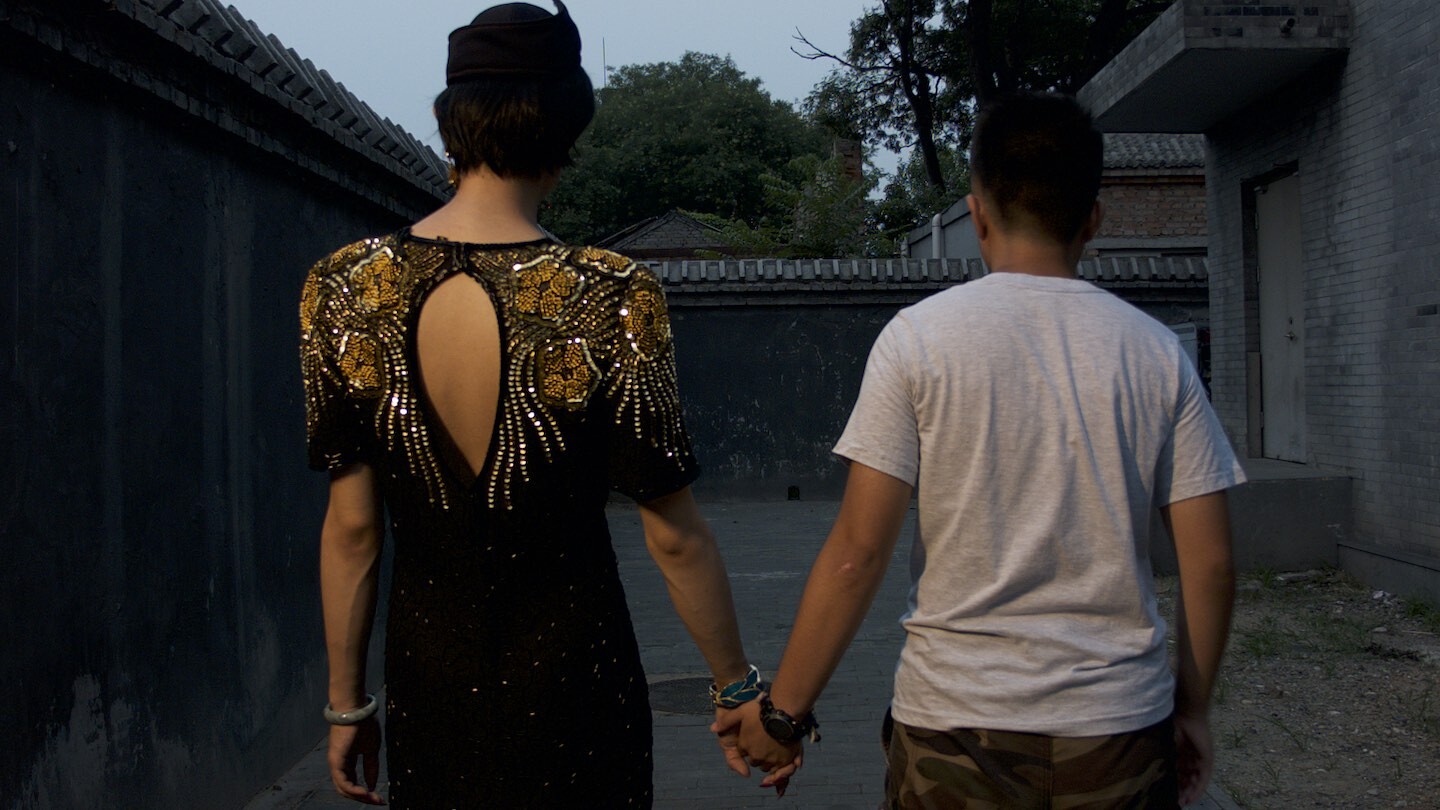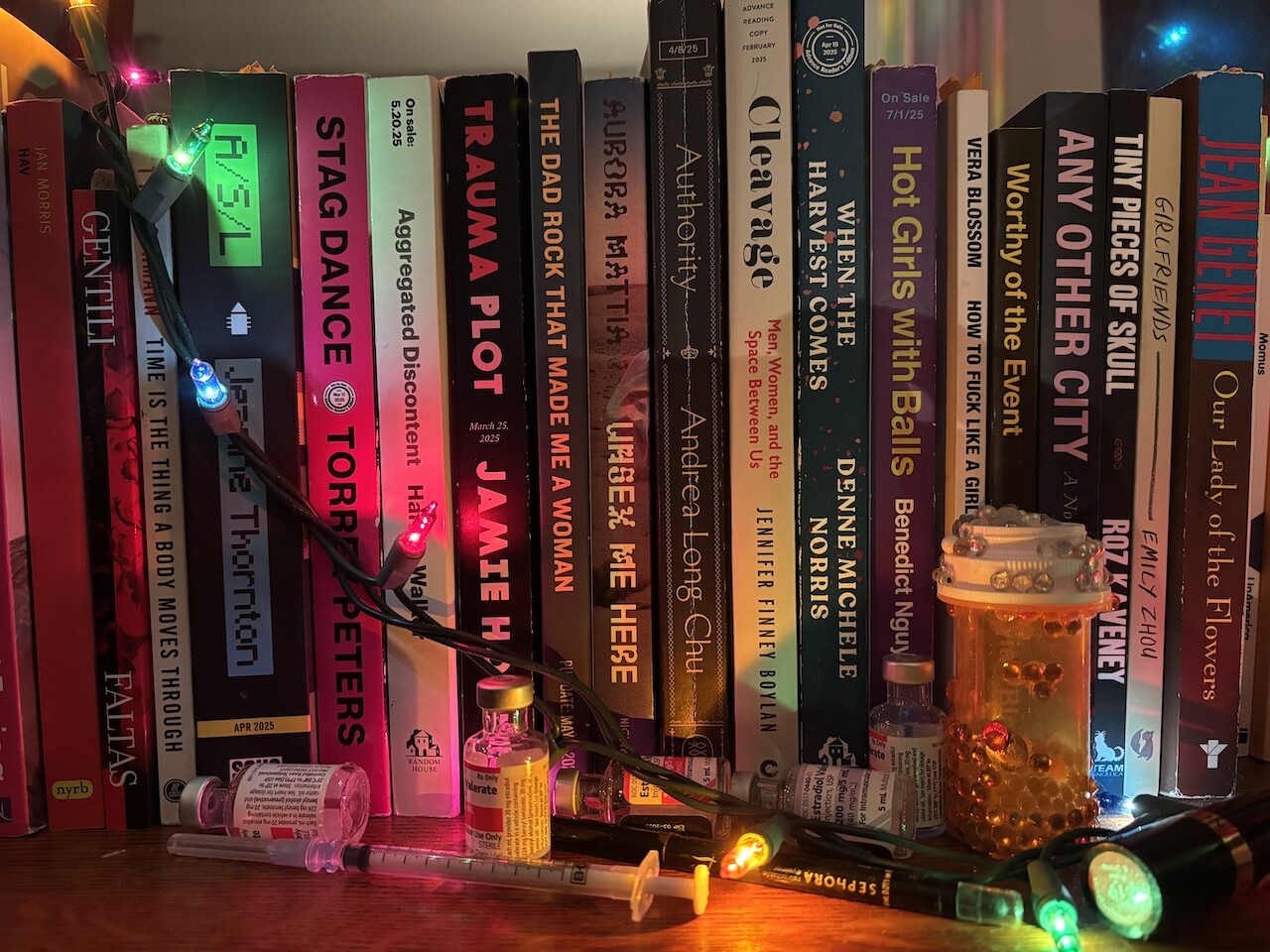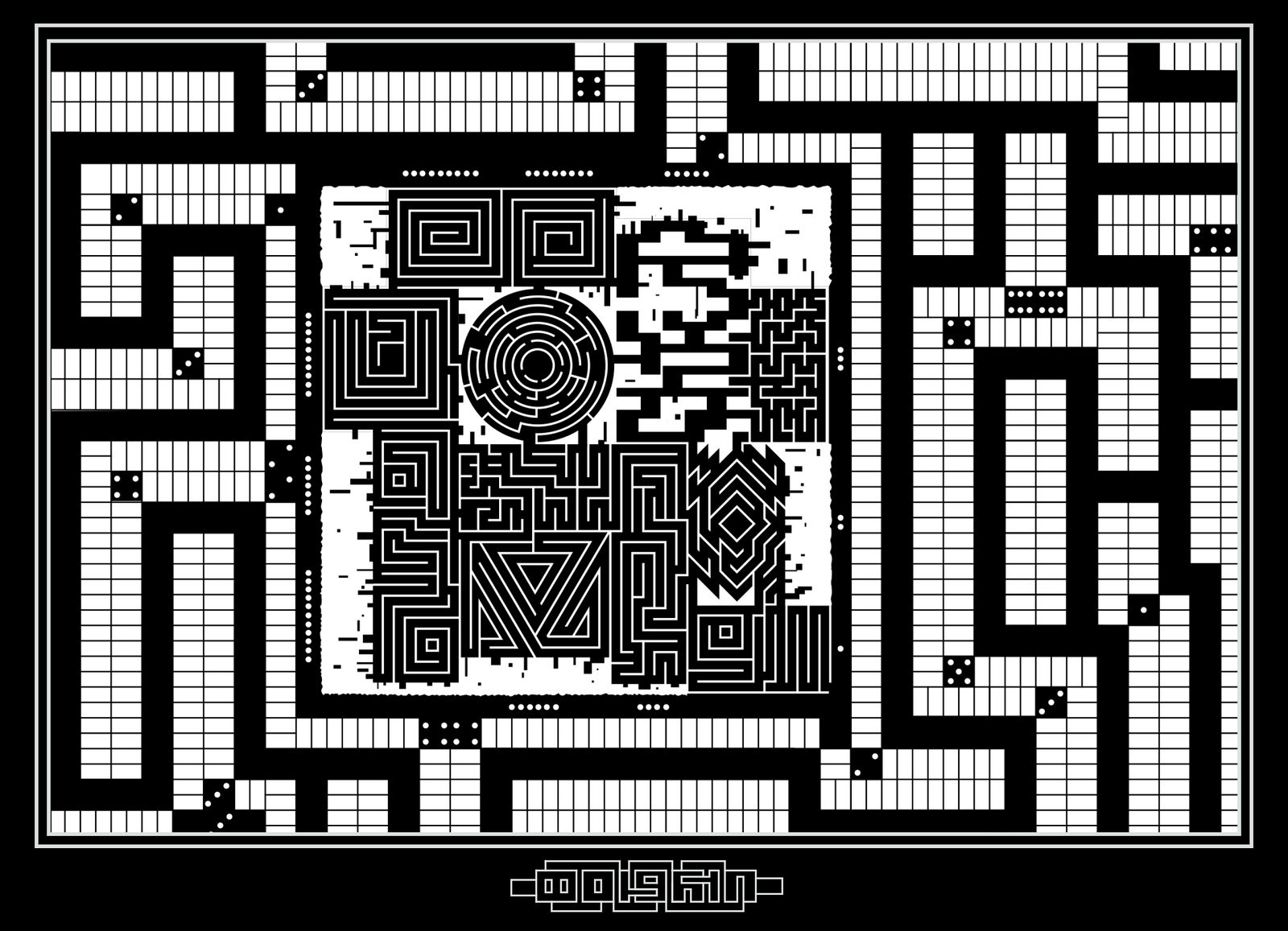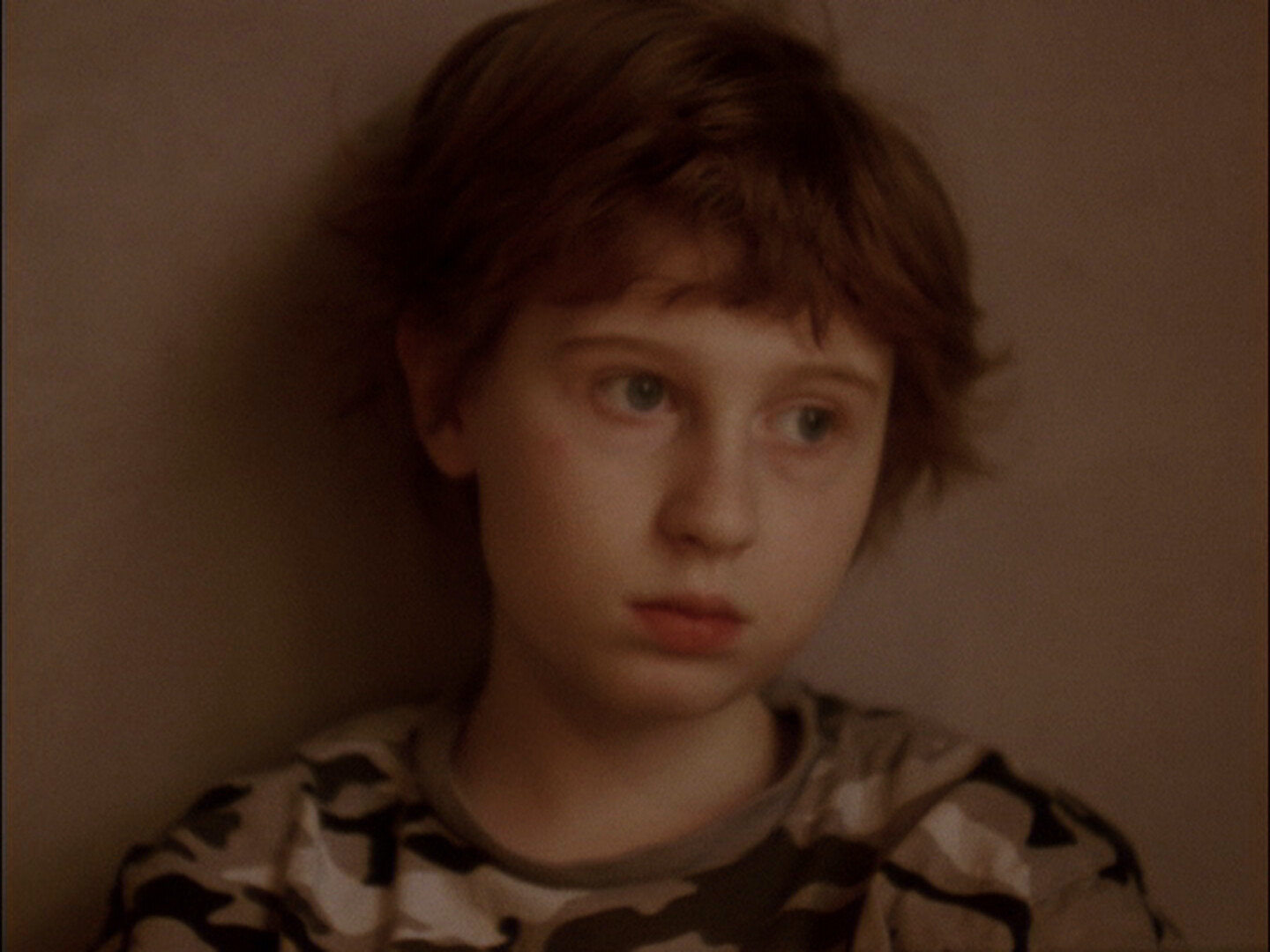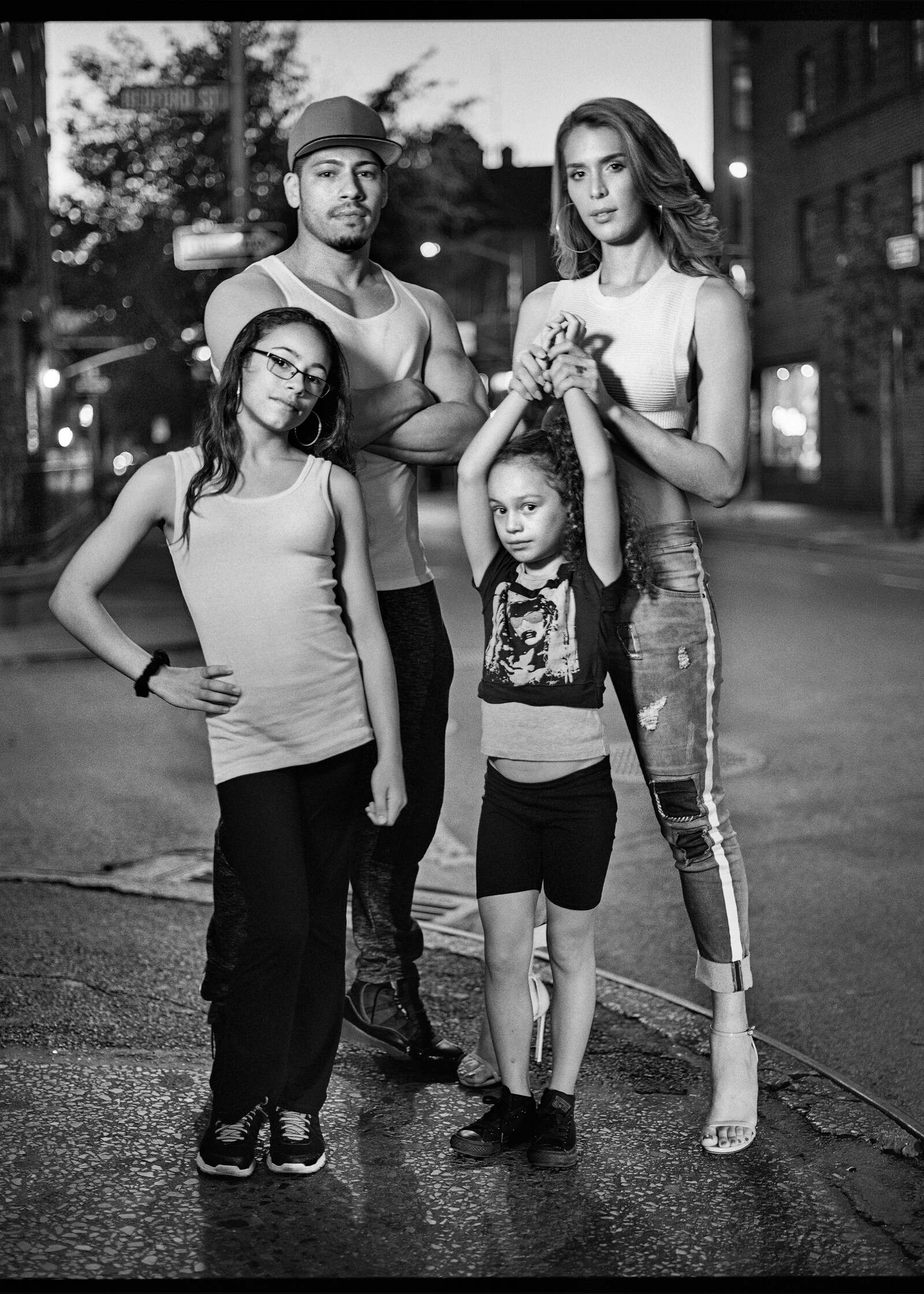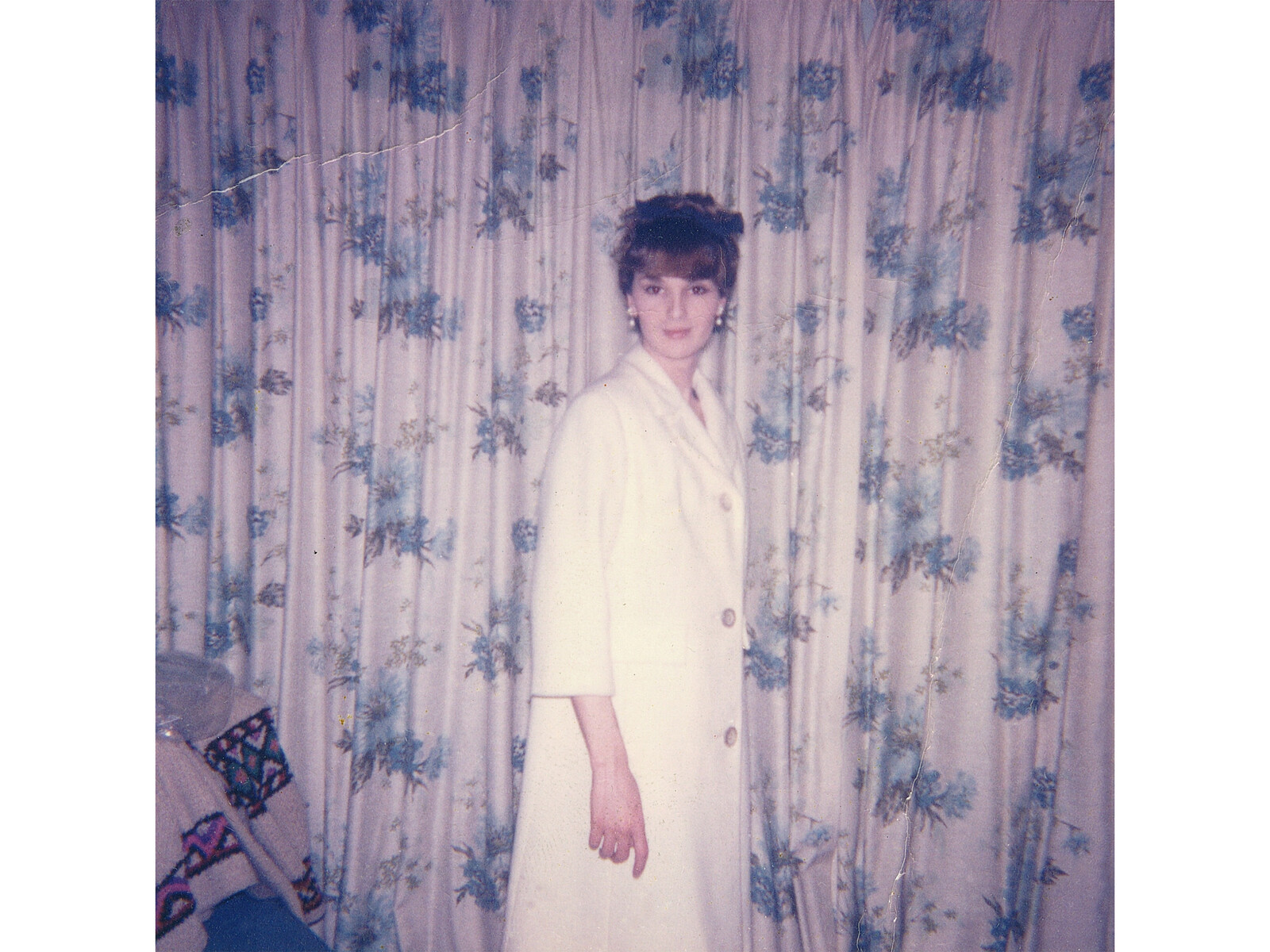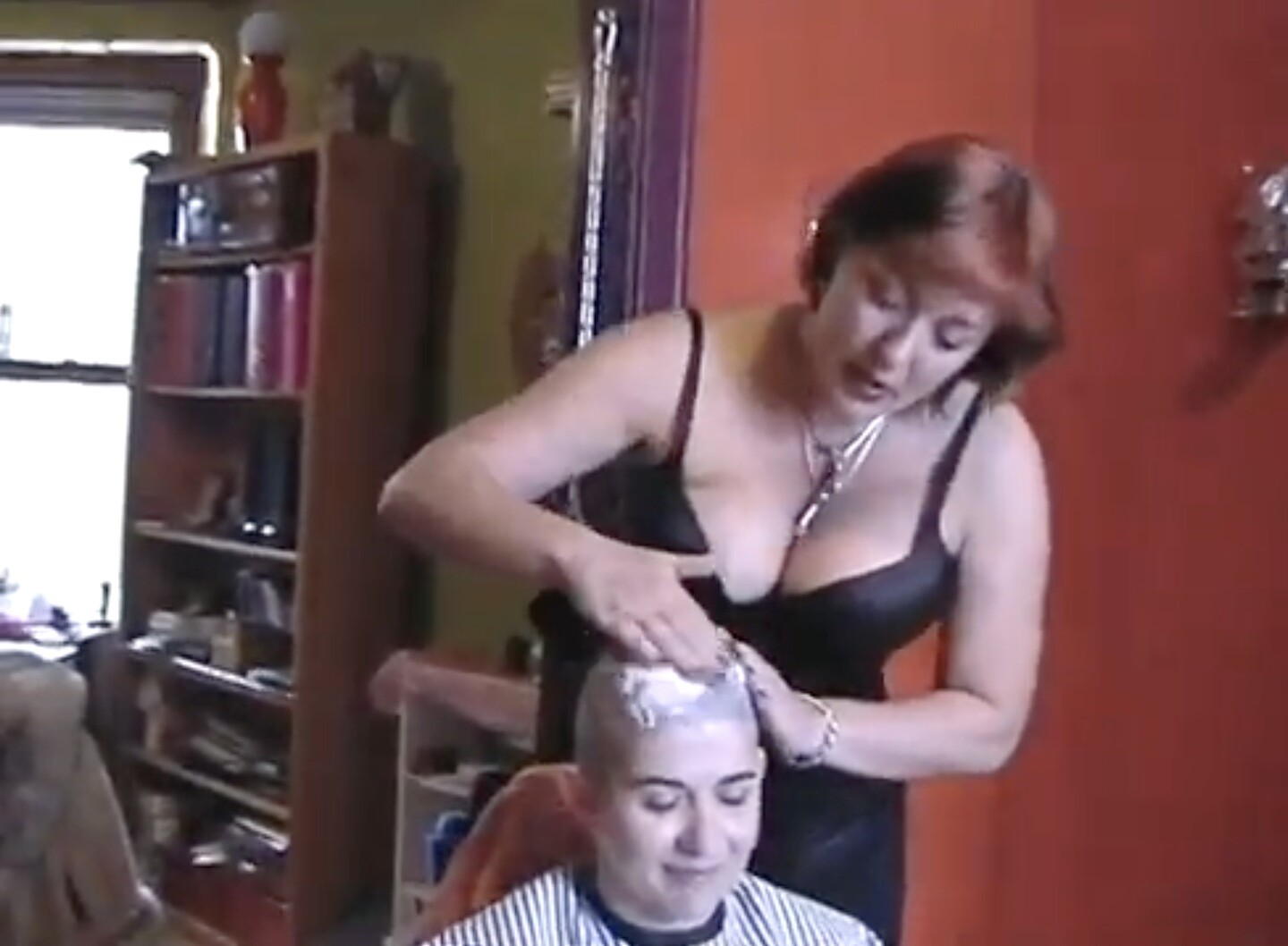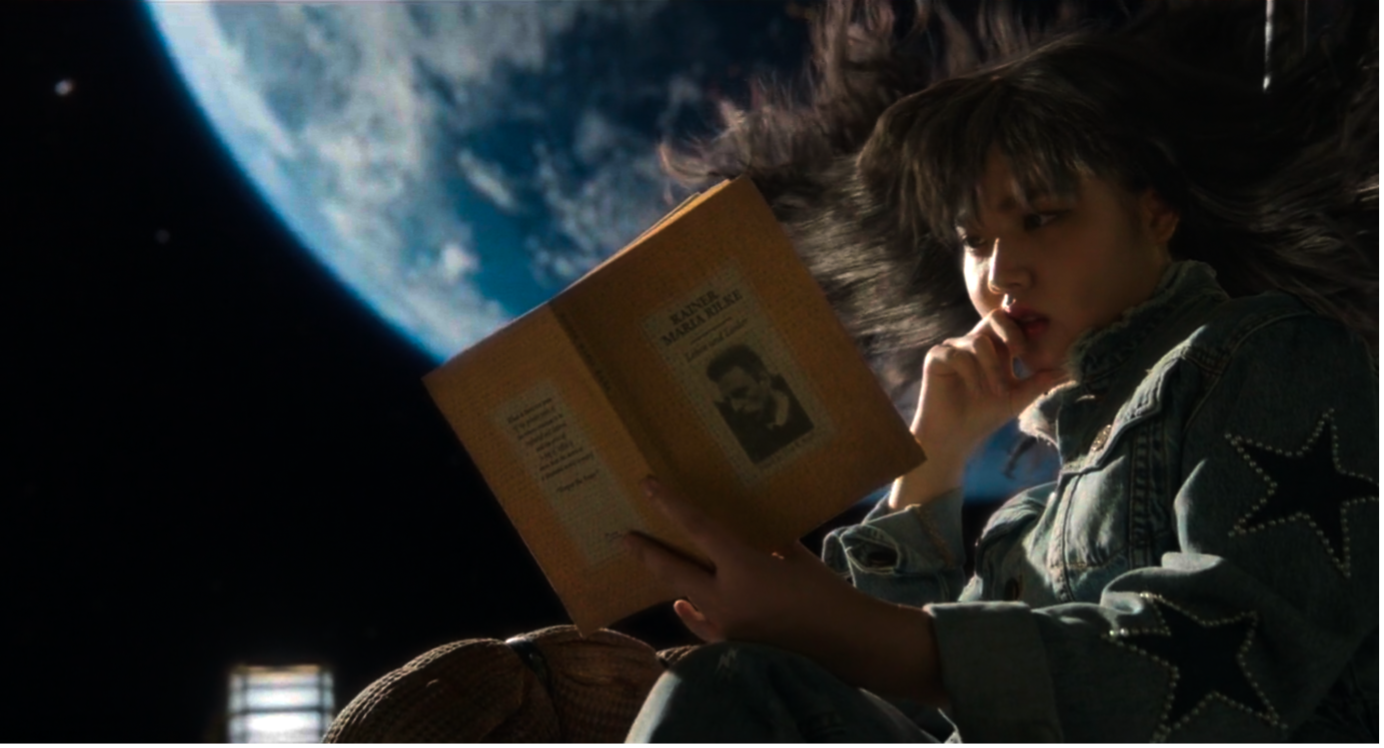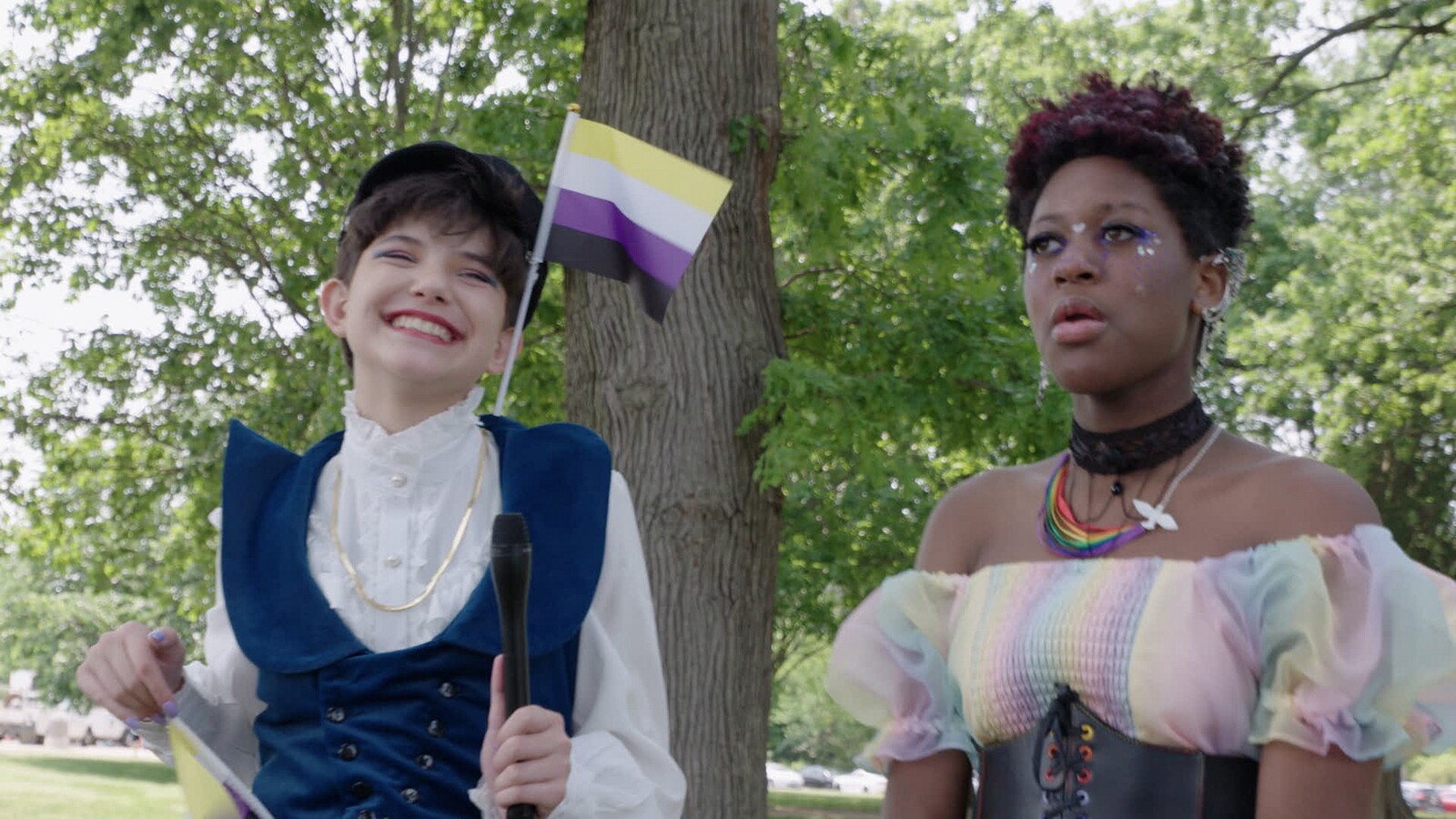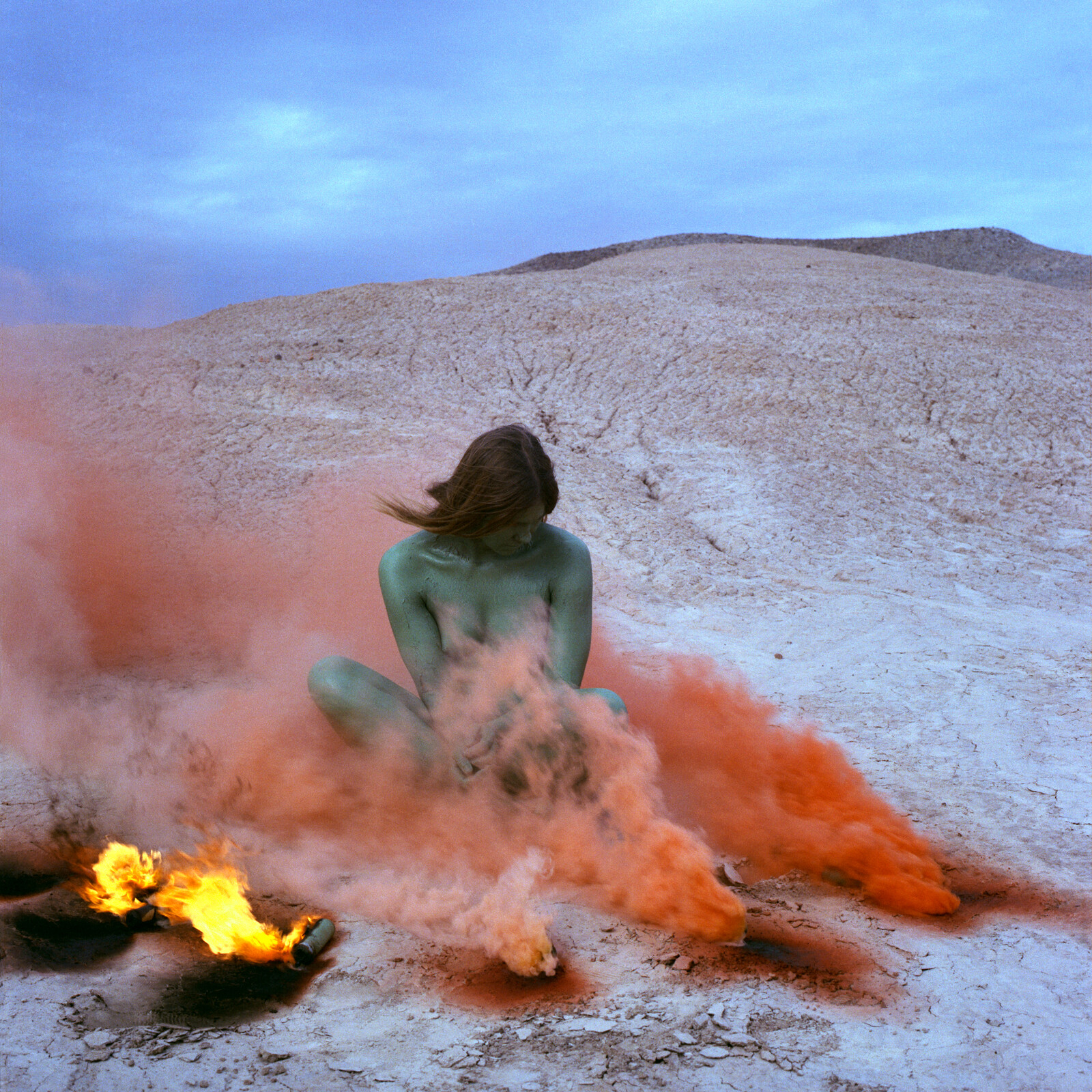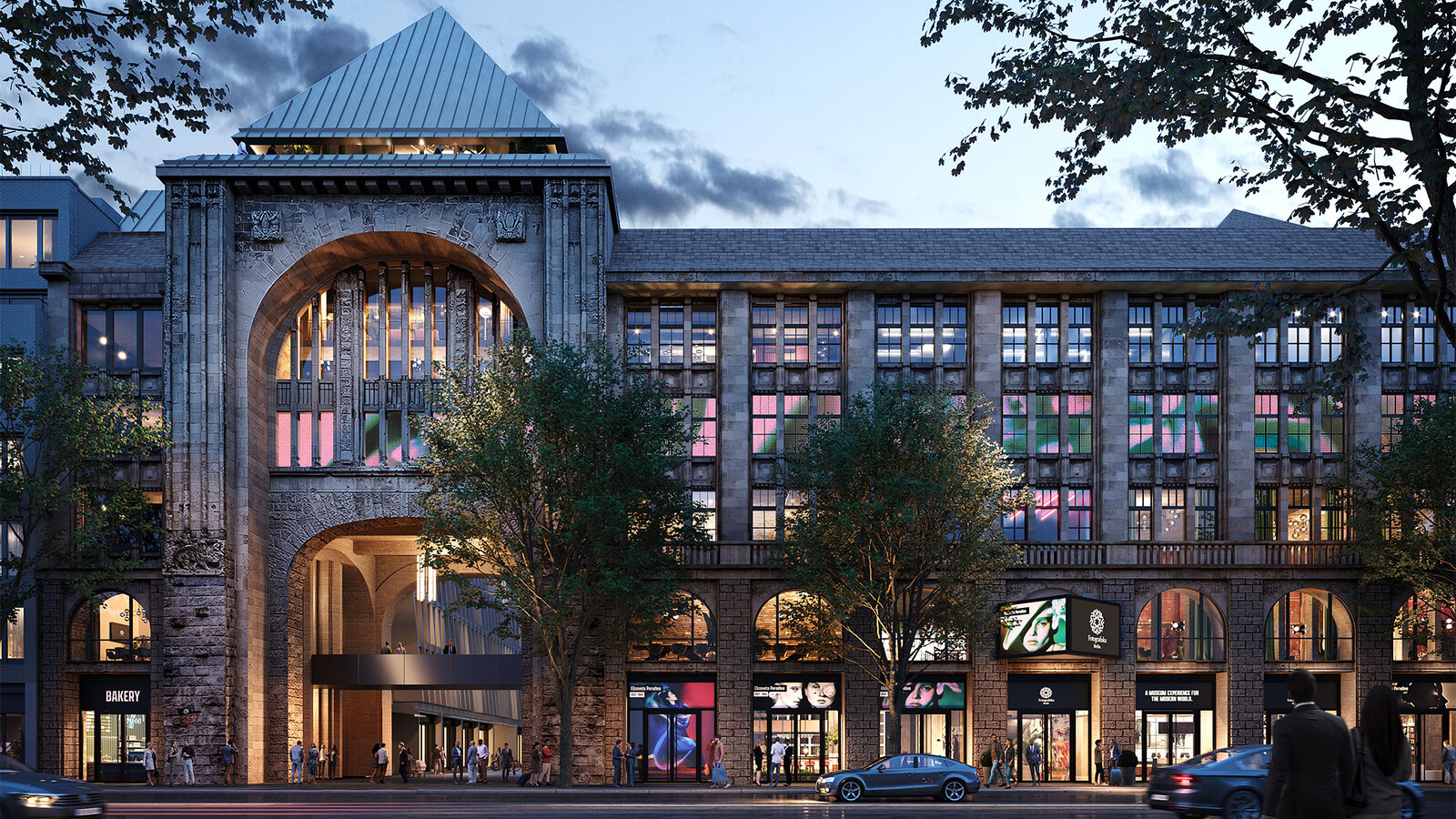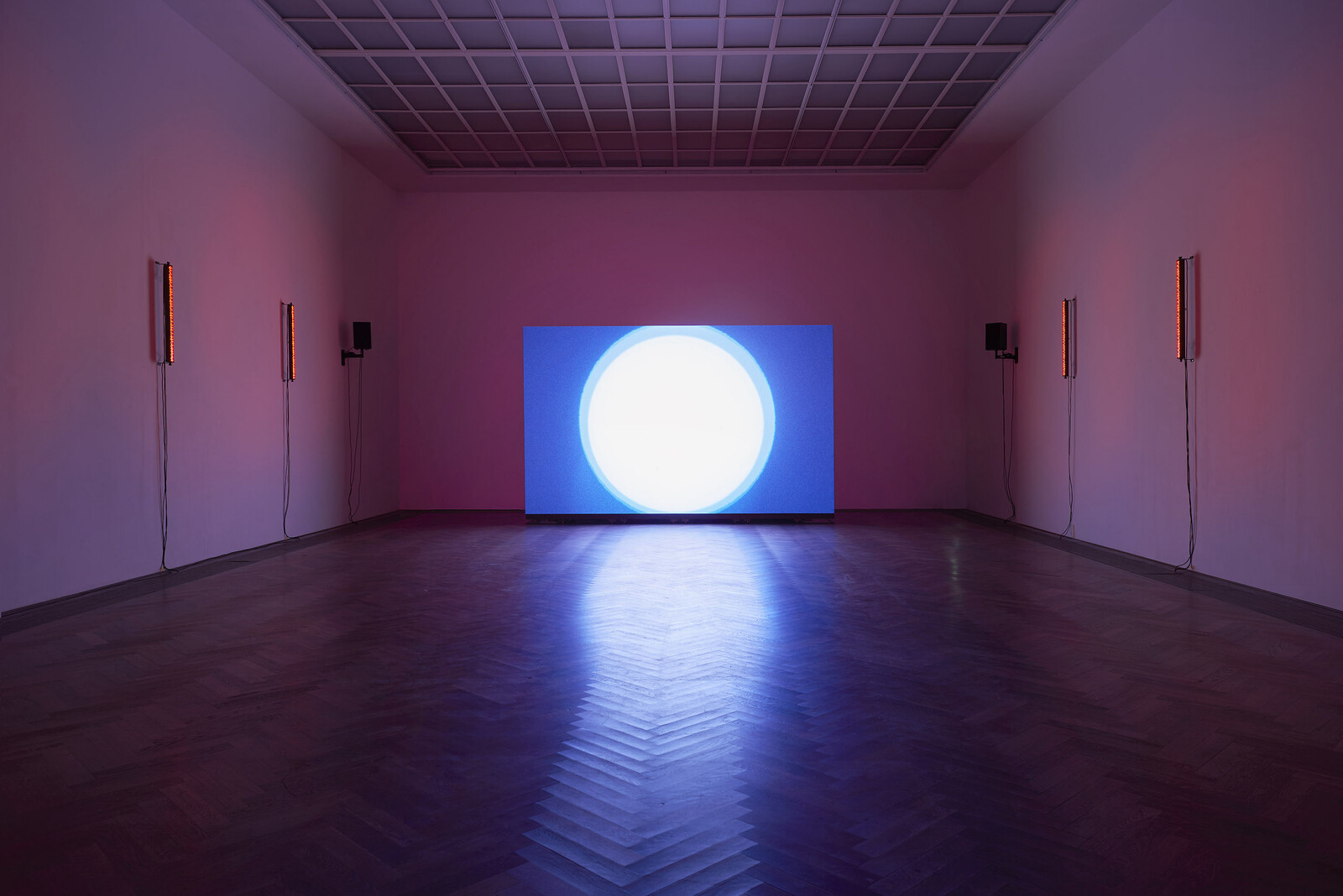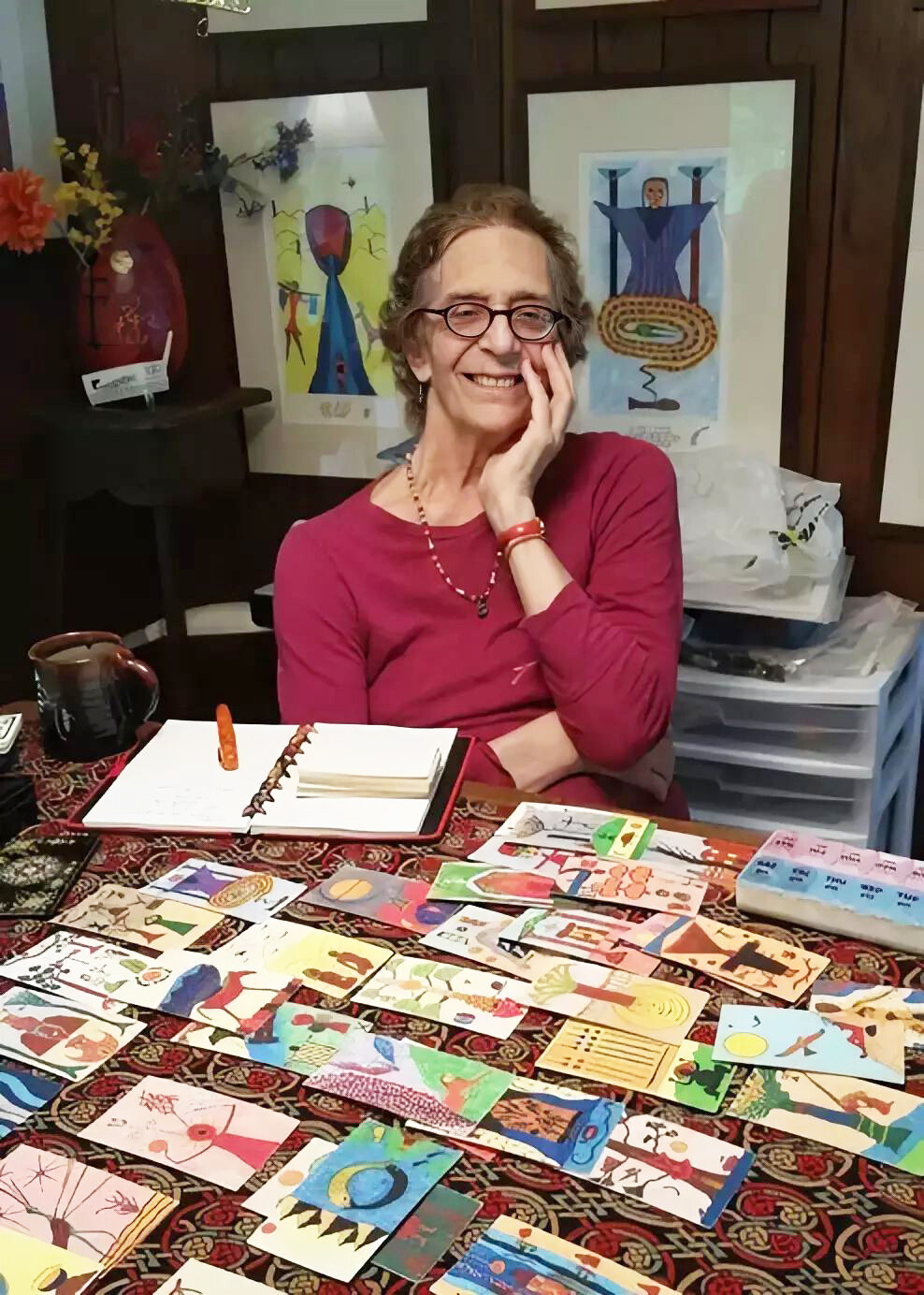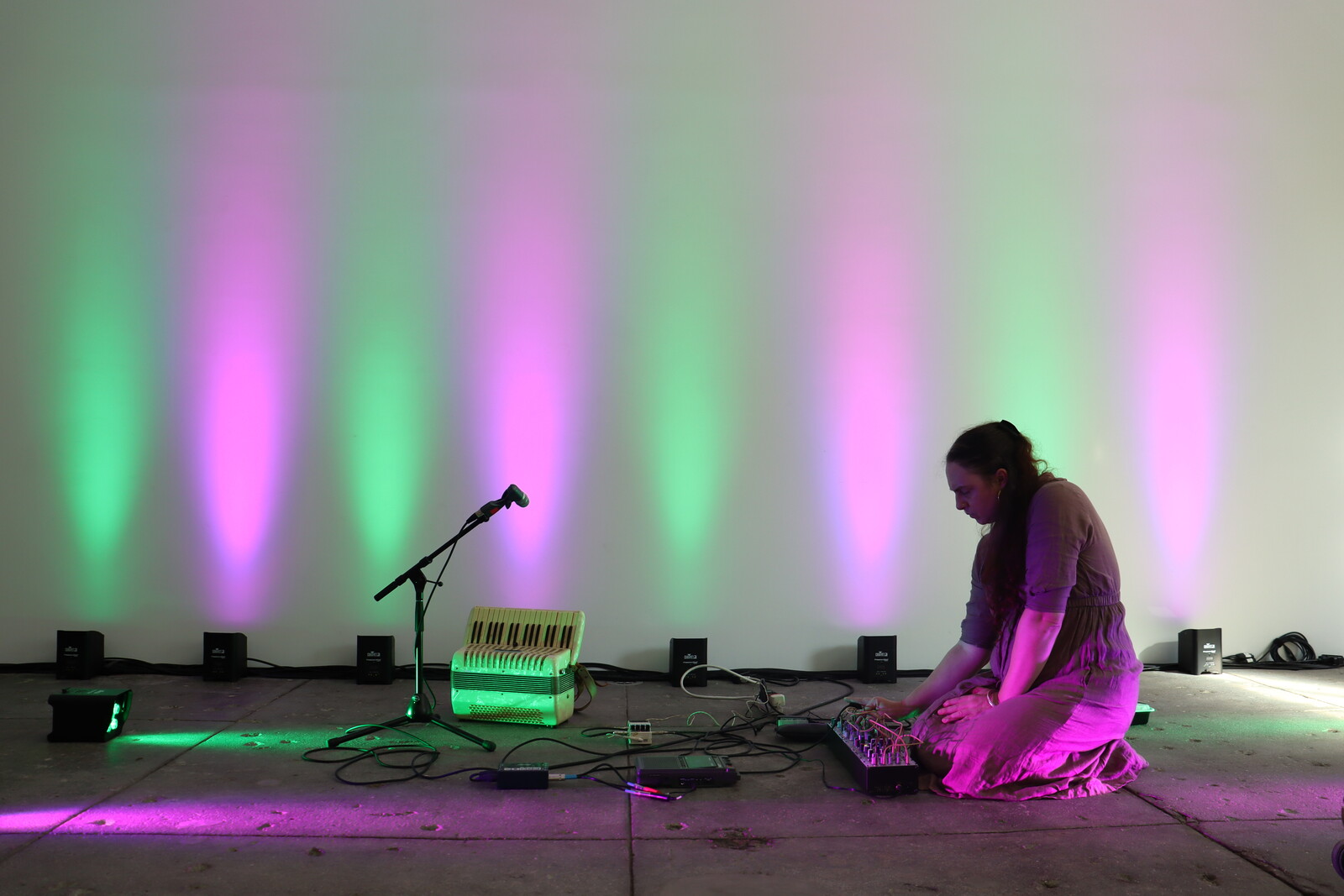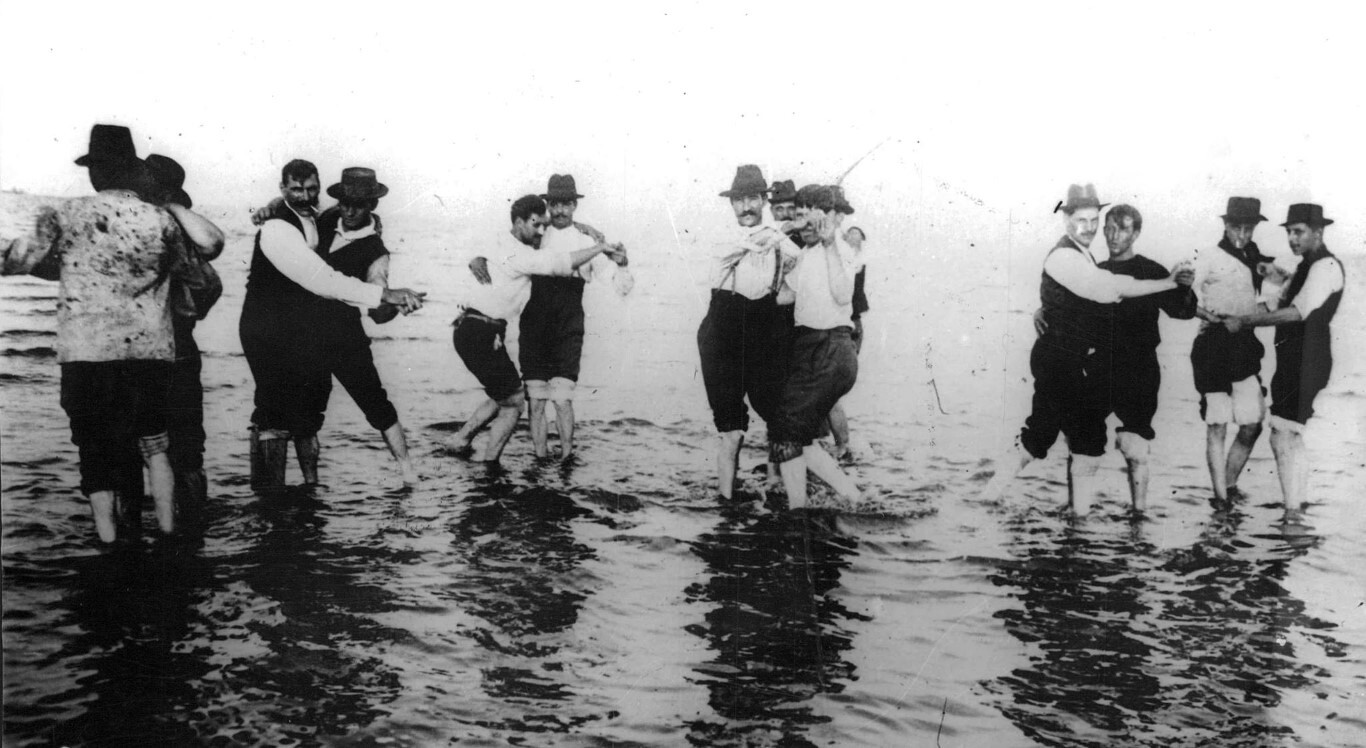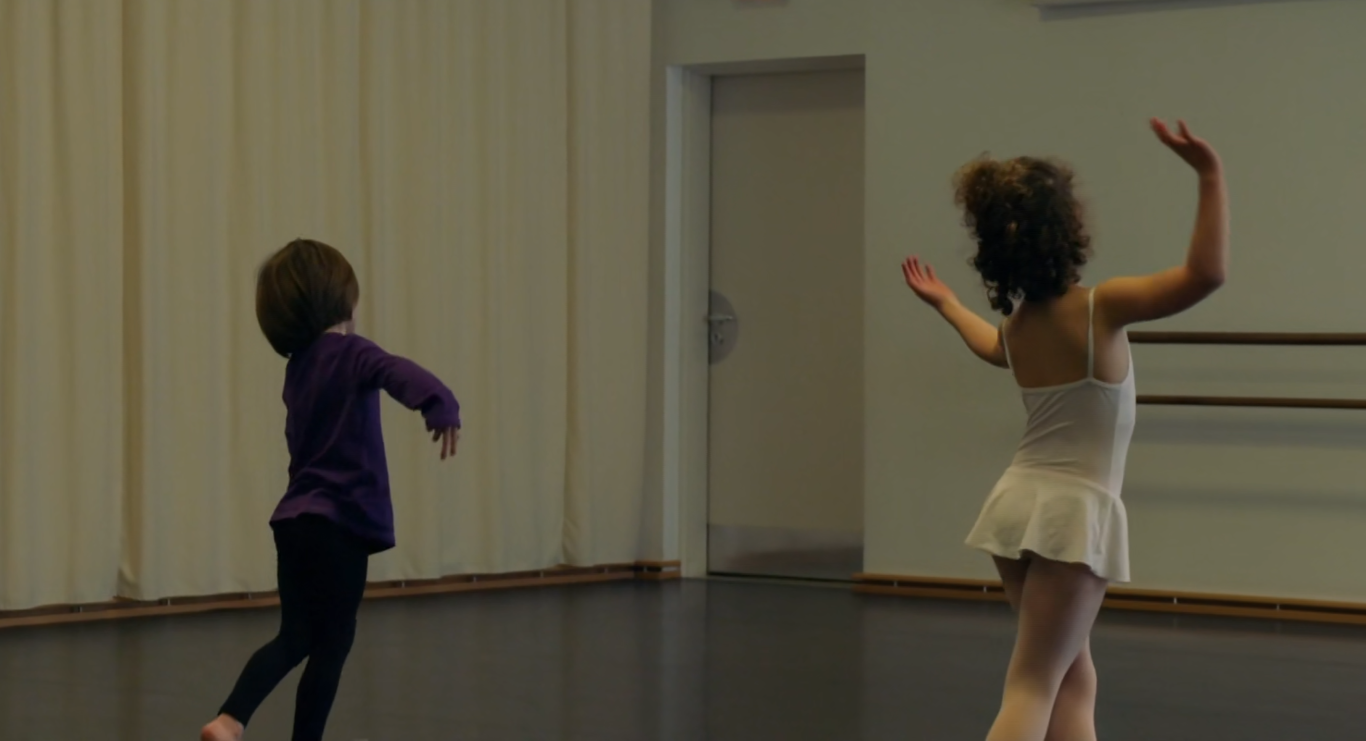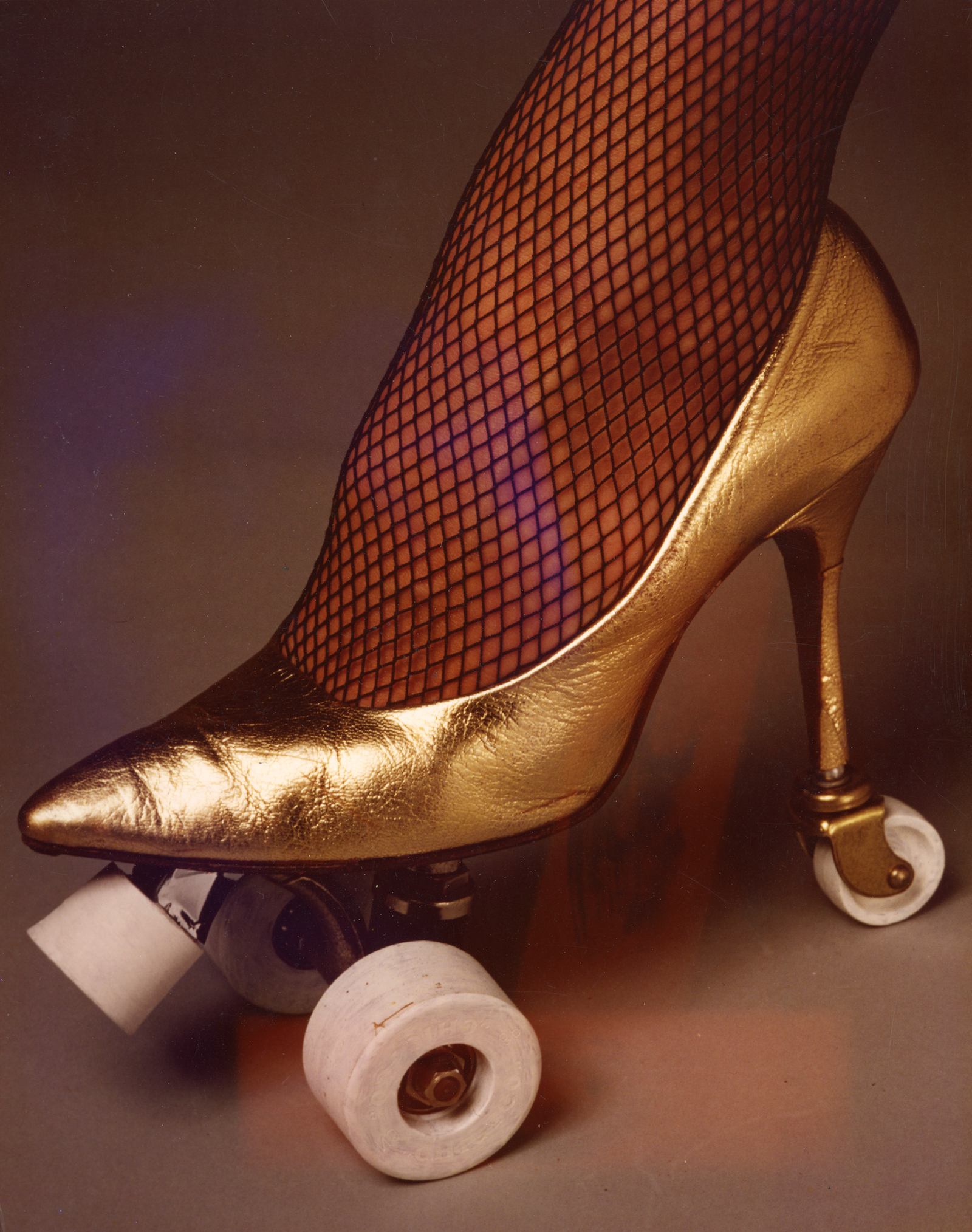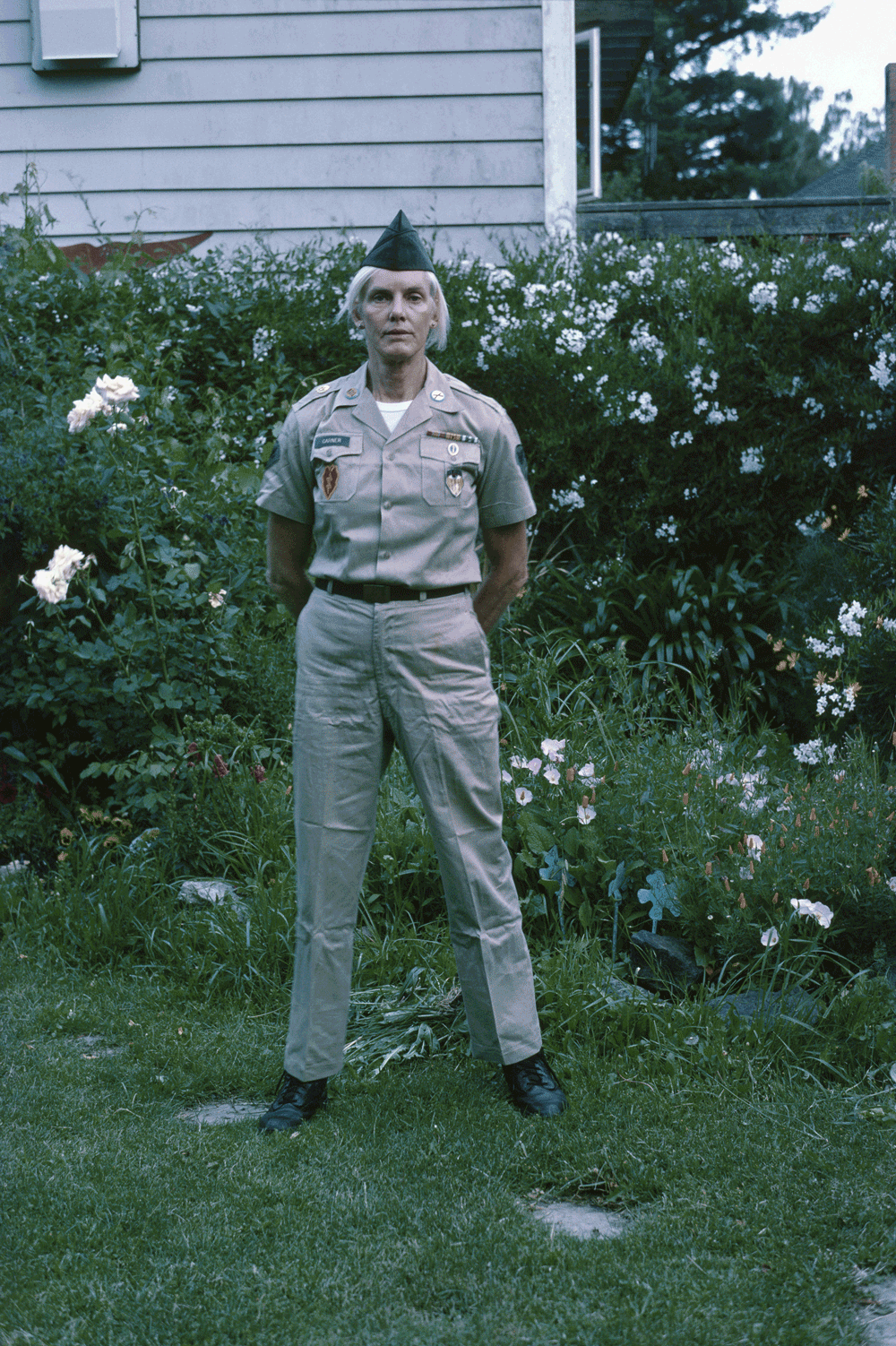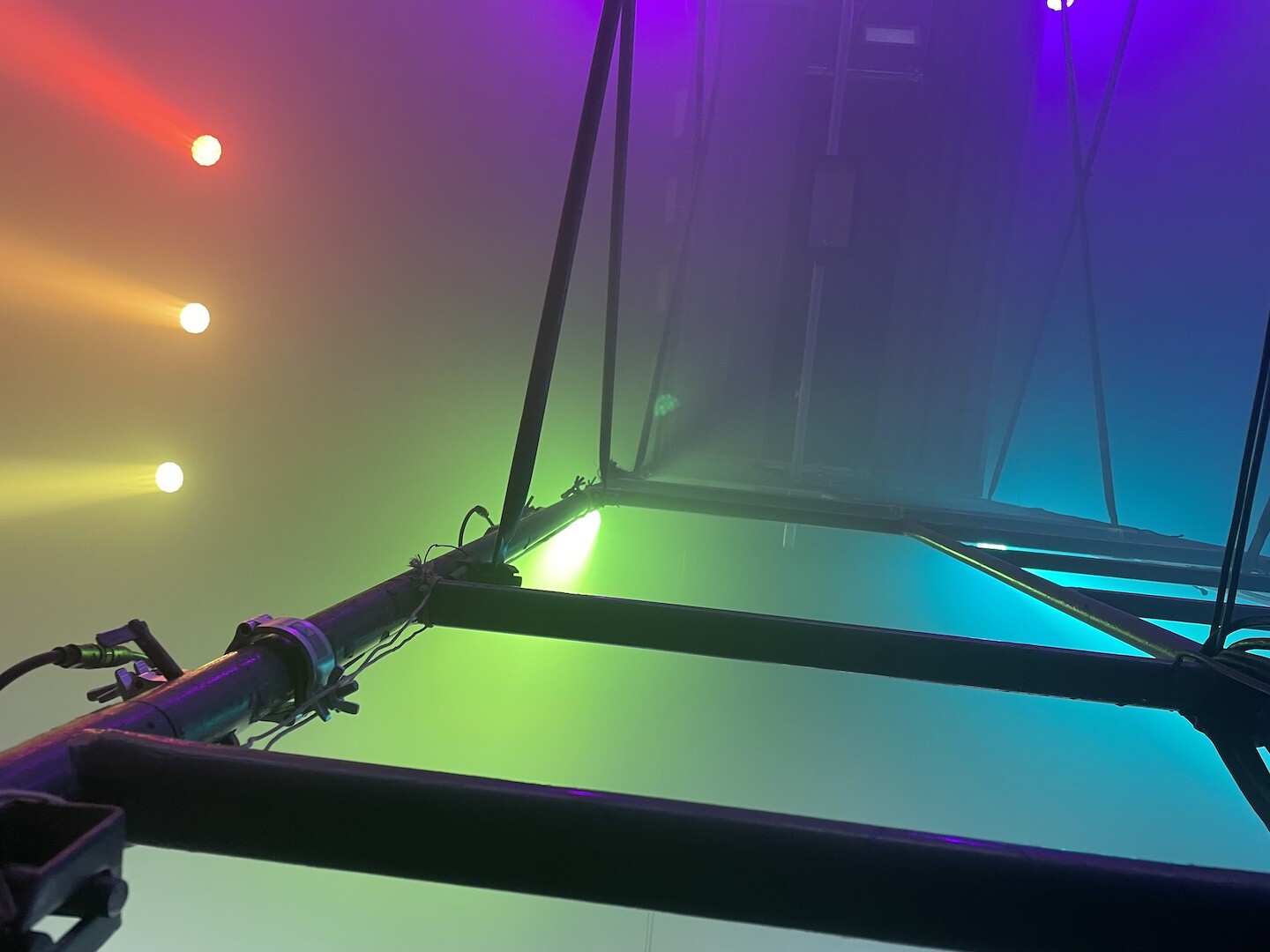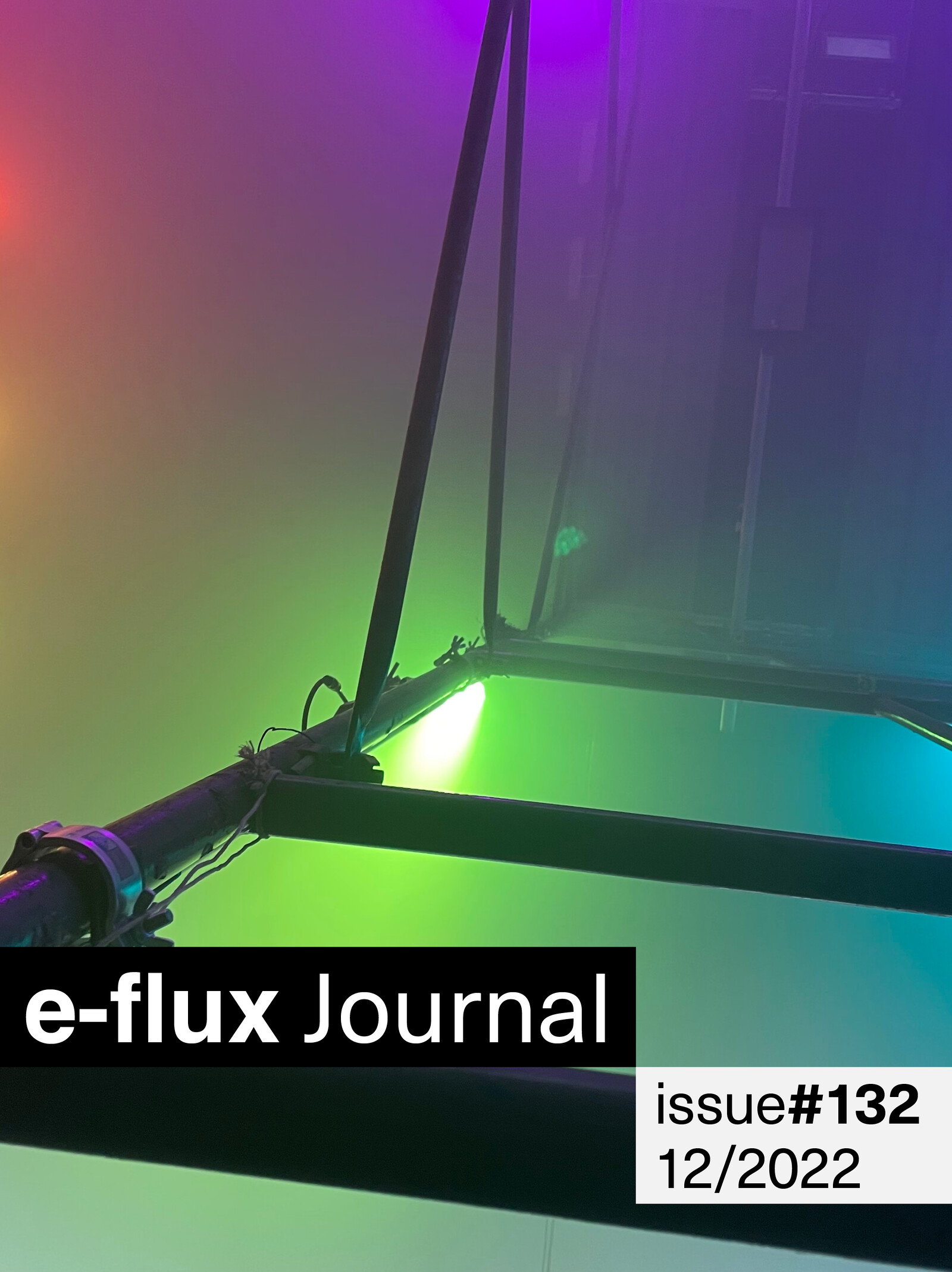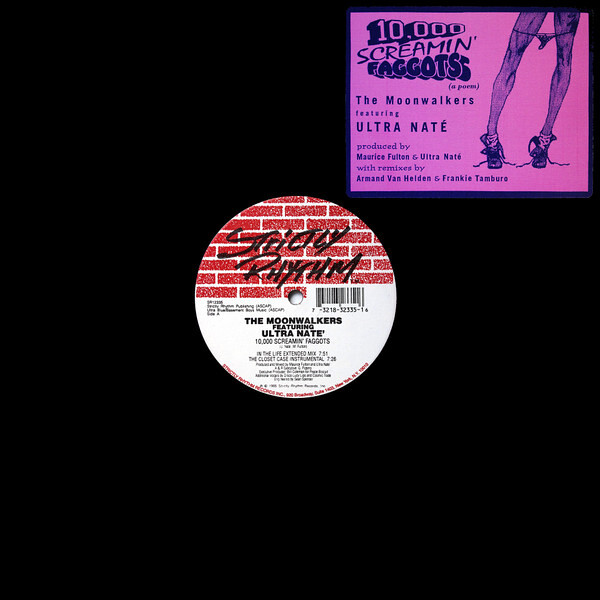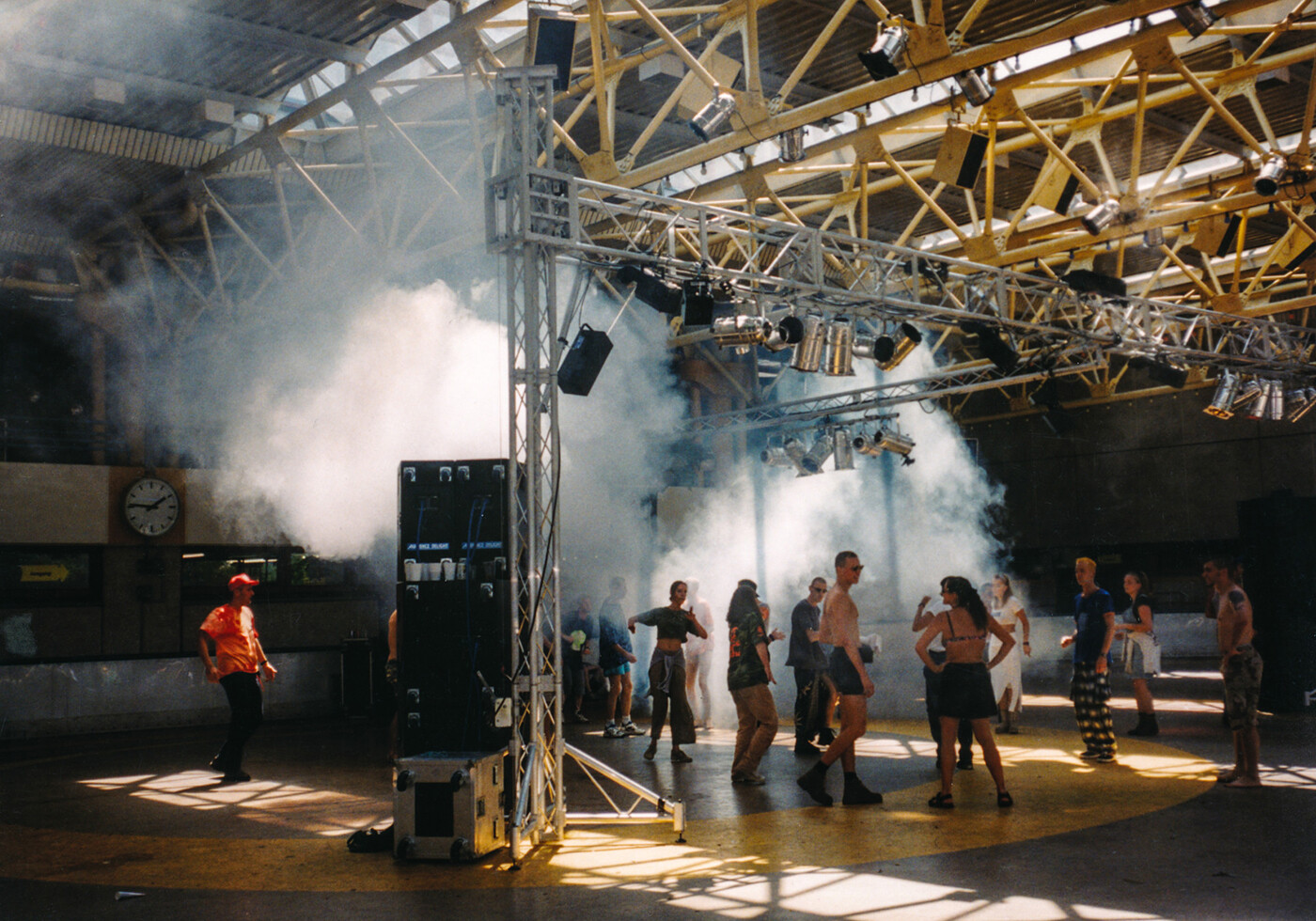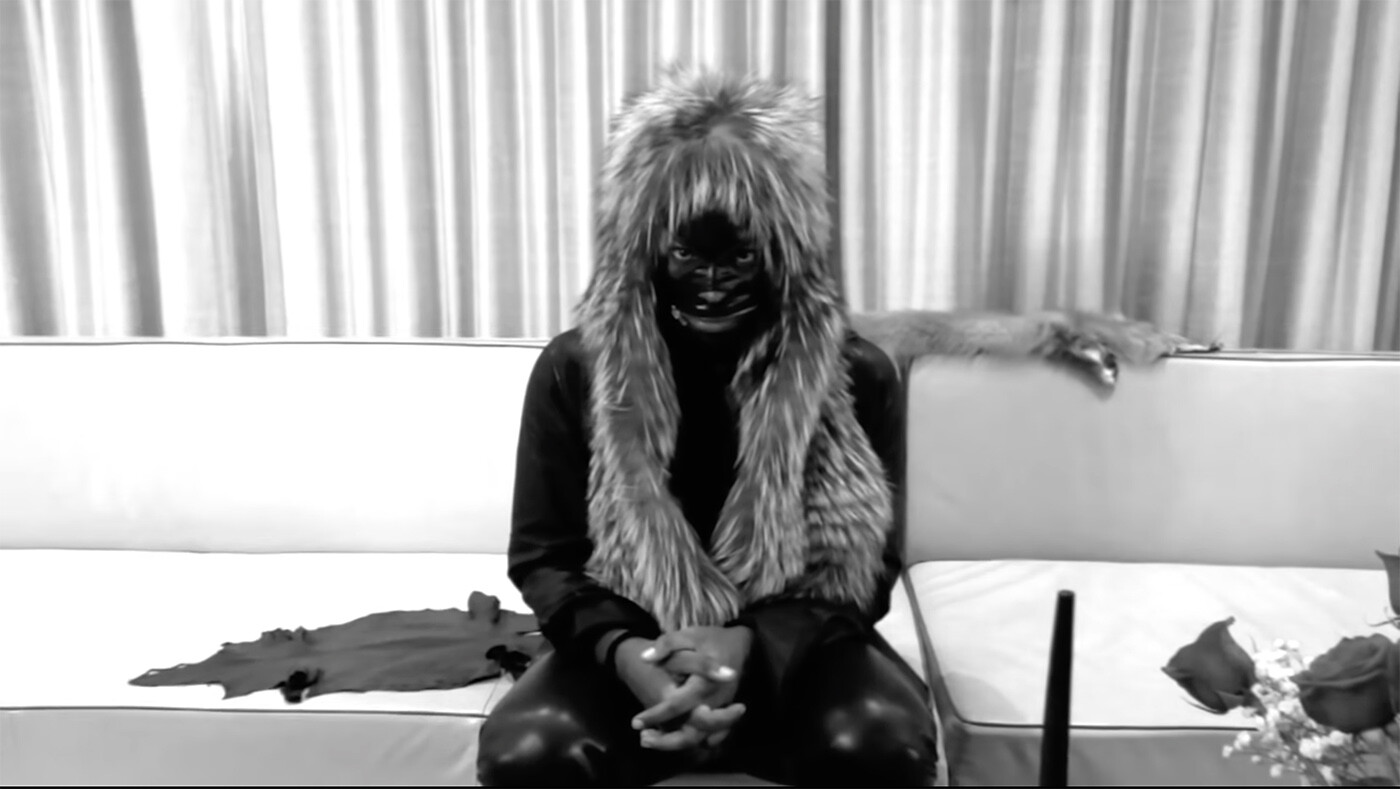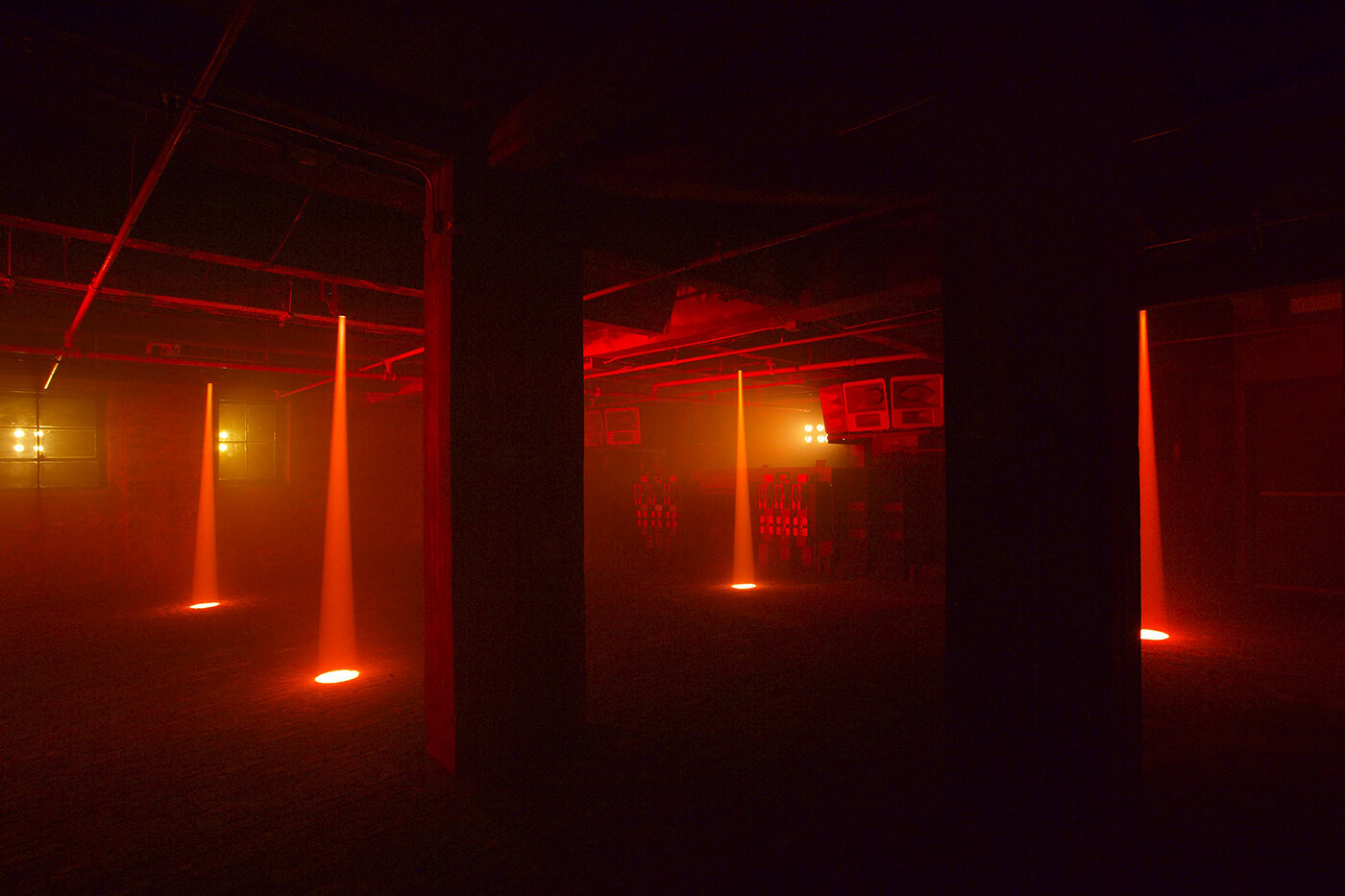Jack Halberstam, “Anarchitecture After Everything”
Le Coccinelle — sceneggiata transessuale
The Drum Tower
Growing Sideways: Ericka Beckman, Piper Marshall, Isaac Preiss, Jeff Preiss
A flickering flame operates with the same motivation as the movements of the planets. Your choice of partner or anybody’s transition in any direction are no exceptions. Whatever you are feeling right now happens with the same motivation as the feelings of the vilest person on earth. Oppression isn’t any less natural than bliss and boredom are.
Angelo Madsen Minax: Screening and Discussion
“Black Rave”—that’s a great way to think about the sonics of insurgency, a phrase that brings politics back into dance music and culture. Electronic dance music comes from a place of politics, as much as musical purists and Twitter trolls love to insist that “race doesn’t matter” or that “it’s just about the music,” never mind who gets booked to play that music. In the issue, Blair Black and Alexander Weheliye do a wonderful job reminding us of the strategic ways that Blackness and queerness have been removed from electronic music. Which is why the word “rave” is such a racialized one, even as Black people have been raving from the jump.
Artists of color in electronic dance music—especially queer artists of color—have developed a musical epistemology that references the sonic archives of Black queer life to prioritize coming together in difference within DJ mixsets. How can these “Afro-philo-sonic fictions” help us work through the tensions of our lived material realities to relate to one another and even achieve unity? This is especially urgent given how decades of marketing by the mainstream music industry has decentered the racial/sexual minority liberatory politics of EDM culture while adopting almost all of its production styles.
Given the whitening and cishetero masculinization of techno since the 1990s, what might it mean to reimagine techno—both in the limited and general sense—with not only Blackness, but also Black queerness and transness at its center? Is this reinvention even possible, let alone desirable in 2022? Why aren’t the electronic dance music genres most important to Black queer and trans folks included in the category of techno?
The club helped create someone like me. The club helped create someone like Juliana Huxtable. It’s a school. We taught each other. Like a science experiment. It works because there could be that one night when we really got to live. Every single bit of those little times that we had we can recall like “oh girl remember when we just lived?” That’s where I do believe the revolution is still there.
I look at music as a sculptor might. I get the materials and just have this lump of sounds sitting there, and then I chisel away at it until it starts to sound like something. I say it’s techno, but I’m not sure that it’s actually techno. What is techno? That’s a question. But maybe what my music does is define what it could be, or what else it could be. Genres can be limiting.

